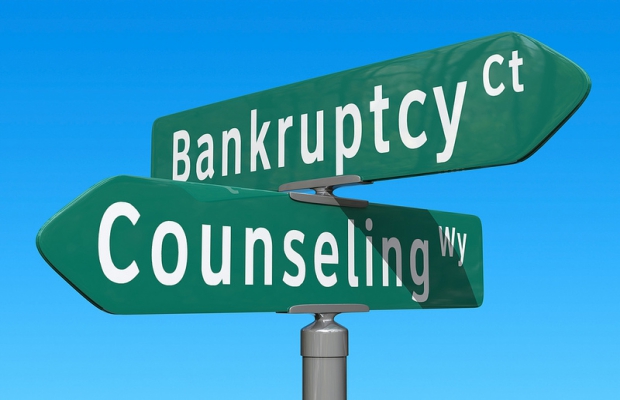As a parent you always have to consider how every financial decision that you make will affect your kids. Nowhere is this more relevant than in the realm of considering filing for bankruptcy. It can be scary thinking about ways your finances can negatively affect your kids on down the line, and you may be wondering in particular about things like their bank accounts, their ability to receive loans for college, and how bankruptcy can affect your child support payments. Thankfully since these are such important concerns there is some general information you can know before filing that can help give you some peace of mind.
Your Kids’ Bank Accounts
It’s possible that you’re worried about how your bankruptcy will affect your kids’ bank accounts and their saving for college. Fortunately a debt trustee has no access to an account that is not owned by you directly. If you’re worried about accounts where you’re listed as the custodian on a student account, don’t be. Since the money in those accounts is legally not considered able to be withdrawn by you then it won’t count in your asset inventory.
One important thing to remember about your custodian account, however, is that a trustee may become suspicious of money you transfer to the student account before filing. Make sure that your debts do not exceed your assets. If so, under Chapter 7, the trustee may have access to your custodial accounts.
In addition to your child’s bank accounts, the 529 educational savings plan has been afforded a specific allowance by federal bankruptcy code. These plans are not considered part of your estate, so trustees shouldn’t have access to it. Of course, making deposits within a year of filing are fair game for collections, so be sure to plan accordingly.
Receiving College Loans
Even if you file for bankruptcy your children should still be able to receive Pell Grants and student loans, although they will not be able to receive any financial aid that’s credit-based since that is done through your credit rating. Even if your child is denied credit-based loans, don’t be too worried. They may be provided an increased unsubsidized loan of greater value, which, unlike the credit-based loan, is not required to be paid back as long as your child is in school.
Additionally, your ability to pay for your kids’ private schooling shouldn’t be affected by filing a Chapter 7 bankruptcy since you are allotted a certain amount of money to put forward to that even while filing. Congress has set up and enforced a “bankruptcy means test” in order to provide a certain amount of funding for a parent filing bankruptcy to still pay for their kids’ private education. Currently, the dollar amount of allotted funding is right around $1800, although if it costs more than that the necessity for further funding allowances can be judged on a case-by-case basis.
Paying Your Child Support
Filing for bankruptcy doesn’t absolve you from paying any child support. Instead, it prioritizes your payments so that they’re paid first once all of your assets have been liquidated. Both Chapter 7 and Chapter 13 filings will pay your child support first and foremost, including not only the payments themselves but also any other educational, medical, or necessary payments.
While it’s scary to even consider bankruptcy as an option, sometimes it can help just to go into the situation with enough knowledge beforehand in order to have some peace of mind. Knowing what long-term effects of your financial circumstances will have on your kids is an important part of the decision-making process as well as making sure you have all the information you need to take care of business.
Janie Moore is a mother of three and consumer advocate. When she was facing bankruptcy, she found this Clearwater Bankruptcy Attorney who helped her determine her needs. She recommends a consult for anyone seeking a bankruptcy lawyer in Clearwater, FL.





